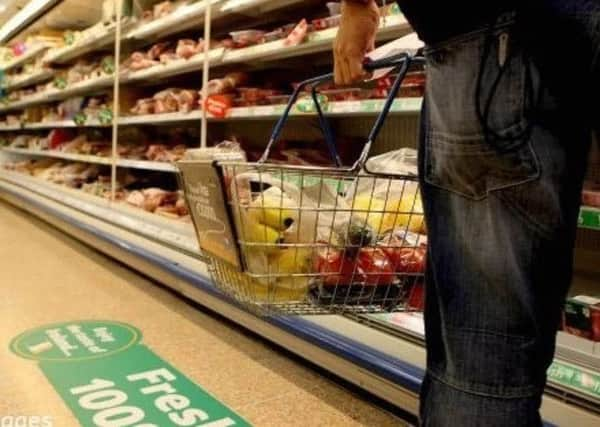The Yorkshire Post says: Food standards must come first. EU at risk from Brexit and Italy


Like so many issues, this negotiating tactic has been under-estimated by those Brexiteers who are clearly struggling to match their principles to policies that actually work in practice.
Yet, at this critical juncture, it’s also important that Britain – and the EU – focus on common causes that will still matter to both after March 29 next year when this country does leave the EU.
Advertisement
Hide AdAdvertisement
Hide AdJust as security will always require reciprocal co-operation in the shared fight against terrorism, the same is equally applicable to the issue of food safety and the need to exchange information on matters of public health.
It should not require a special treaty, or such like, to achieve this – there should be an acceptance on the part of both Defra, and the EU, that this will happen as a matter of course in order to protect public safety. That the Local Government Association has now gone public with its concerns does not reflect well on the Brexit talks – or level of mistrust that exists between the two sides.
Yet, while this is a wake-up call for the Government, it’s also a reminder to the EU as it comes to terms with the latest political vacuum in Italy, the third largest economy in the eurozone. For, while the two populist parties locked in this power struggle could not be more different in their outlook, they are united by a belief that the EU has exceeded its authority.
And, if the impasse continues and prompts fresh elections, support for their respective agendas will only grow as Italy questions its membership of the euro. This would pose a far greater threat to the EU’s future than Brexit – all the more reason for Brussels bureaucrats to be more consensual and less dictatorial in their dealings with all concerned.